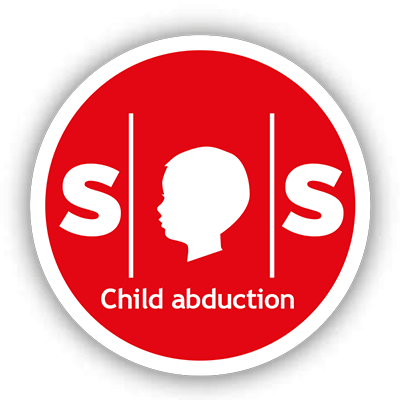link: https://socialworktutor.com/signs-parental-alienation/
Many thanks to Social-Worker, for permission to public on our website
The signs and harm of parental alienation
As a Child Protection Social Worker, I have seen many harrowing things that will stay with me for the rest of my life. From the worst kind of abuses imaginable, through to parents simply not having the capacity to prioritise their children’s needs, Social Work forces you to face up to how cruel this world can be.
It forces you to step up to the plate and stand up for others.
I have spoken before about how emotional abuse of children is one of the most difficult risks for Social Workers to evidence. The long-term impact of emotional abuse is often not known until many years down the line; mental health issues, poor achievement in school and substance misuse issues all more likely to occur in later life if children have suffered from emotional abuse.
Emotional abuse might not leave bruises, but it does leave scars
When Social Workers hear the term emotional abuse, most of us may think about situations where children have been exposed to domestic violence in the family home. This is because many cases involving emotional abuse tend to centre of children growing up in homes where they are subjected to distress, fear, anxiety and inappropriate adult behaviours.
Many children that Social Workers sadly must seek legal action to safeguard are subjected to emotional abuse because of factors linked to the ‘toxic trio’:
- Domestic violence
- Substance misuse
- Mental health needs (that impact on children)
Although these may be the most common causes of emotional abuse for children, we are increasingly seeing more and more situations where children are suffering because of parental alienation.
Parental alienation is a form of psychological manipulation of children that involves programming a child to distance them from their mother or father
Some of the main signs of parental alienation are:
-
Exposing children to inappropriate information about the other parent
Children deserve to have innocence remaining in their lives and to be able to make up their own minds about their parents. Although some parents may genuinely believe their child has a ‘right to know the truth’, this should come at the child’s own pace and not be used to alienate them from their other family members.
-
Telling the child that the other parent is to blame for difficulties
Separations are hard for everyone involved, especially children, and often leave both parents in difficult situations. Telling a child that their other parent is to blame for changes such as a poorer financial situation or moving home may be true, but the repetition of such claims creates animosity.
-
Asking the child to make choices about their parents
Being asked to choose between parents puts immense pressure on children and can cause a great deal of stress for young minds that are not mature enough to deal with such decisions. This can lead to children feeling they must ‘please’ one parent by making choices that are based on what the parent wants.
-
Children being asked to covertly ‘spy’ on the other parent
When returning from spending time with the other parent, children will sometimes be asked to recount in detail what they did or pass on information about the other parents’ personal life. Whilst some of this may be genuine, asking the child to repeatedly disclose information puts too much pressure on them.
-
Regular disruption of contact with the other parent
There is a great deal of evidence to show that children do better in life if they have regular contact with both parents. Disrupting contact on a regular basis can result in children blaming their other parent for not seeing them and can eventually create a divide between the children and their parent.
-
Malicious referrals to children’s services or calls to the Police
In attempting to alienate children from their mother or father, parents will sometimes make malicious referrals to children’s services or the Police. Even if these claims are disproven, the investigation process can often see all contact ceased until assessments are completed.
-
Negative reactions to children speaking positively of the other parent
Parents will have many legitimate reasons to dislike their ex-partner, but children should be protected from this as much as possible. Not accepting a child’s positive feelings about their other parent, or denigrating the parent every time the child speaks warmly of them, is a key tactic in parental alienation.
-
Not accepting any flexibility in contact arrangements
Thankfully, the Courts have picked up on the need for flexibility in life and many child arrangement orders now involve ‘reasonable contact’ which is less rigid. However, parents will naturally want some structure as this is best for them and the children involved. Canceling contact if a parent is ten minutes late, or refusing to move days if the other parent has plans they can’t change, are just two examples of how a lack of flexibility can lead to parental alienation.
